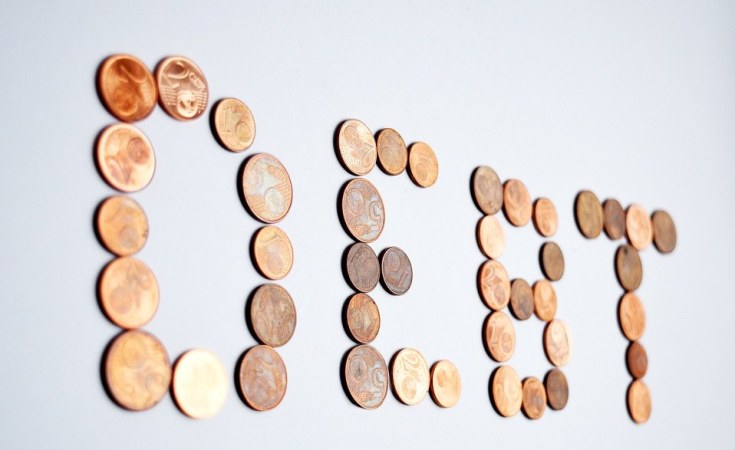Namibia finds itself in a precarious situation, where public debt has reached maximum levels, as government has been unsuccessful in abiding by its targets for public debt.
The escalating steadily deteriorated levels of debt have dire consequences for Namibia's sovereign credit rating with international rating agencies.
According to the Institute for Public Policy Research (IPPR), government has spectacularly failed to adhere to its public debt target of 35% of gross domestic product (GDP) set in 2012/13.
Economist at IPPR Robin Sherbourne this week surmised the debt level is skyrocketing mainly because it has always been easier for government to borrow than to make painful cost-cutting decisions.
Due to this fiscal quandary, Namibia's public debt stock is expected to increase to N$138.4 billion, equivalent to 69.6% of the gross domestic product during the 2022/23 financial year.
According to a finance ministry official, Namibia's current debt repayments are about N$1.5 billion every three months.
"This means Namibia is decreasingly seen as a safe bet and makes it harder or more expensive to raise funds internationally. In parallel with the deteriorating debt situation, Namibia's sovereign credit rating, a measure of the country's creditworthiness, provided by Fitch Ratings and Moody's, has also deteriorated from investment grade to junk status after downgrades in 2017," stated Sherbourne. Finance minister Iipumbu Shiimi, as he tabled a 2022/23 mid-term budget review in the National Assembly, stated for the previous financial year that ended in March 2022, the total debt stock stood at N$126.1 billion, equivalent to 66.9% of GDP. At the half-year mark, the total debt stock stood at N$136.2 billion, equivalent to 69% of GDP.
"Debt servicing costs continue to trend above our desired benchmark of 10% of revenues. This adds further impetus to the call to stabilise the pace of debt accumulation going forward," said Shiimi.
The economist advised government to keep a tight rein on spending and slowly pay off and pay down debt. According to him, fundamental reform of the public sector would be the economically most sensible path to pursue from a long-term perspective, but that is not being contemplated.
Shiimi is expected to deliver his budget statement on 22 February 2023.
Sherbourne noted there are key steps that should be taken: "The finance ministry, central bank and the National Planning Commission should ensure it has an accurate and comprehensive picture of all public debt, and approval for any loan must be centralised. A comprehensive and detailed account of Namibia's public debt should be published as part of the national budget".
Second, he added parliament should be given the authority to approve all foreign loans to the public sector as is the case in neighbouring Botswana for example.
This, he said, will oblige the line minister to explain to parliament why a loan is being taken, what its impact will be and how it will be repaid.
Third, all loans should be subject to greater economic scrutiny. Parliamentarians have been weighing in on the high debt levels and advising government.
Namibian debt is approaching levels that in other countries have led to debt distress.
It should in future be much more cautious about taking on new debt.
Just because someone offers you a loan does not mean you should take it, he said.


